On Visibility
You know what? I'm not supposed to be here.
As a middle-aged, Asian American woman, I'm not supposed to be on the internet, telling you my opinion, asking people to join my workshops and taking up your time today.
What I'm supposed to do: not show up at all, be quiet if I do, stay behind the scenes and generally be agreeable. Not be annoying. Not be unequivocal. Not be too much. When I look back on all the times I've felt too old, too young, too educated, too uneducated, too quiet, too loud, I see that it all adds up to "just not right."
I'm not ignorant; I know the theory. I understand how racism, misogyny, colonialism, ableism and ageism work to undermine the power of people who look like me. I know these are only thoughts that I have. I know, in my prefrontal cortex, that culture's thoughts have invaded my brain. I know that I don't have to believe my thoughts.
BUT! Here's the thing. I still feel it in my bones. I feel internalized biases when I'm being visible. It can happen when I'm about to hit Send on my newsletter email and I feel a little contraction around my chest and hear a little voice saying, "Maybe it's not the right topic." "Maybe this the wrong timing." "Maybe it's too long. Who's going to read all of this." "Maybe I'll send this newsletter next week."
There's a big difference between theory and the messy practice of living.
When I ask where my unintentional thoughts come from, I recognize my parents' worries and insecurities. I see their traumas, as children growing up during World War II in Japan, and as immigrant adults in the U.S. I also see the uncertainties their families of origin faced and what they did to cope and survive. I begin to understand that what feels like instinct in the form of doubting and questioning, is an embodiment of the struggles of my ancestors.
I see, then, other children of immigrants and people of color. I see women. I see older adults. I see people, even if their experiences haven't been mine. I see that so many of us struggle to see ourselves because we don't exactly fit the tropes available to us.
People from a historically marginalized community aren't supposed to be visible except as a representative of their identity. These are women, non-binary and gender non-conforming, queer, Black, Indigenous, refugees, Caribbean, People of Color, neurodivergent, LGBTQIA+, veterans, people with disabilities (invisible and visible), people in low income brackets, people who are homeless, older adults, immigrants, children of immigrants, undocumented people. I've left out many others.
Forgiving myself for my doubts and anxieties has meant forgiving my family and my ancestors. It has been a way of connecting myself not only to them but to others who face struggles with seeing themselves and being seen.
And phew. That's a lot of us.
*****
Marketing is about visibility.
To be visible is to be seen.
And to be seen is to see yourself and love what you see.
Can you look at a photo of yourself and not judge your freckles, wrinkles and sagging skin? Can you hear the voice telling you to hold back until you've proven yourself and gently ask that voice to be quiet?
Where do you internalize and accept society's values over your own sense of worth?
These are questions I ask myself because I want to be free from toxic ideas about who I am and about other people. I want to disrupt my own biases.
*****
By now, I know enough to know that if I'm having these thoughts, other people are having them, too. If you're relating to this email and are reflecting on your own challenges with visibility, I offer this:
When you show up as you are, you change the landscape of acceptability. Whatever you think is unacceptable about you -- your weirdness, your age spots, your ethnicity, your less than happy self, your ecstatic self, your love of spiders -- is what's needed in our current narrow, inflexible culture. You don't need to perform some version of you that's likeable or confident. You being visible as you and taking up space as you are right now is a form of activism that shifts our perception of what's possible. You being visible is an act of generosity.
Even when you feel, really feel, like "maybe it's not enough," "maybe I haven't done enough," know this is cultural conditioning at work and:
Ask for the raise anyway.
Show your work anyway.
Ask for that thing you've been eyeing anyway.
Reach out to that person who expressed interest in your work even if it was seven months ago anyway.
Tell someone about the exciting ideas that keep you up at night anyway.
Invite people to your event anyway.
Send in the application anyway.
By being visible, you're breaking cycles of invisibility on a personal, intergenerational and cultural level. By being visible, you're transforming not only your own struggles but those of others. You being visible is a balm to the rest of us.
Does this sound grandiose? The fact is that you matter and what you do matters. Your actions have consequences. You belong.
Show up anyway and take up space. Freckles, wrinkles and all.


